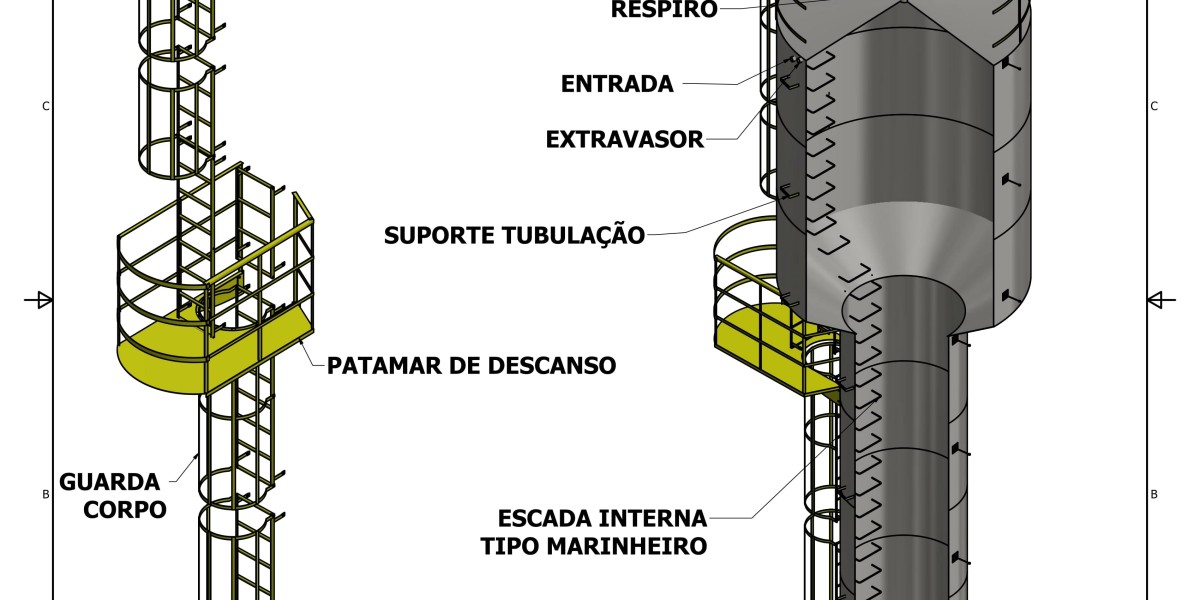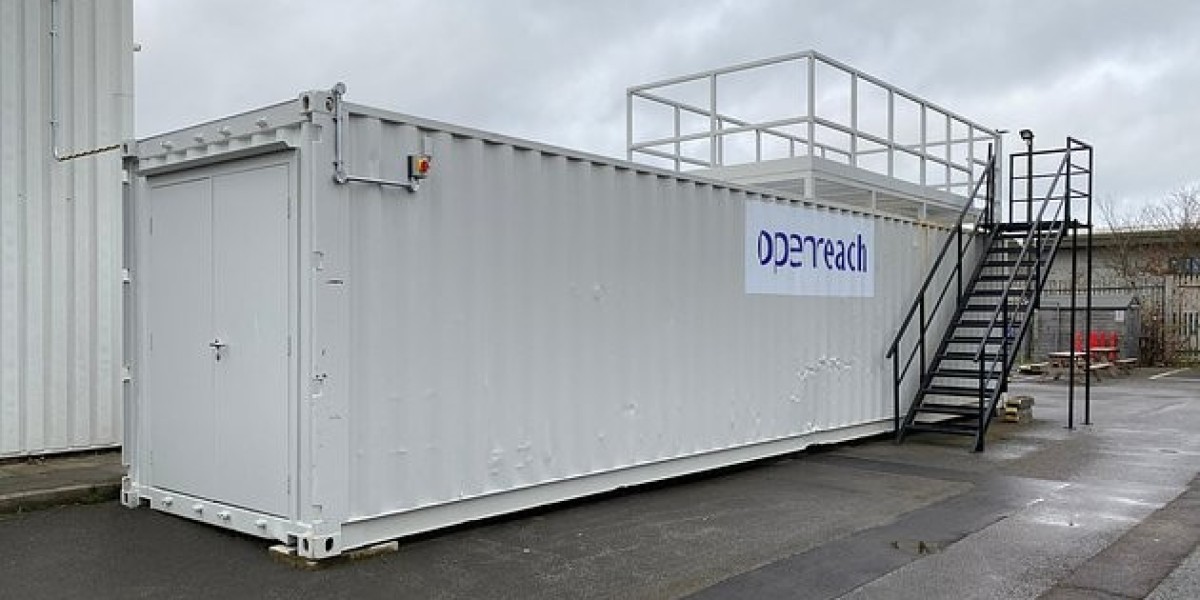These cultural dynamics influence buyer preferences, investment motivations, and the types of properties sought after in this growing real estate market. Understanding these cultural considerations is essential for developers, investors, and real estate professionals aiming to succeed in Qatar’s competitive landscape.
The Role of Family-Oriented Culture in Property Preferences
Qatar's society places significant importance on family values and traditions, which play a key role in shaping real estate preferences. Families in Qatar, both locals and expatriates, prioritize properties that offer spacious layouts, multiple bedrooms, and communal living areas. Hotel apartments that cater to these needs—providing ample space for family gatherings and privacy—tend to see higher demand.
This cultural emphasis on family living also drives interest in properties that include features like:
- Separate living and dining areas.
- Multiple bathrooms to accommodate extended families.
- Dedicated spaces for household staff, reflecting the lifestyle norms of many families in Qatar.
Luxury and Status as Cultural Drivers
In Qatari culture, showcasing wealth and social status is a common aspiration. This inclination influences the demand for high-end hotel apartments with luxurious amenities and premium finishes. Buyers often look for features that reflect prestige, such as:
- Lavish interiors with modern design elements.
- Access to exclusive services like concierge and valet parking.
- Amenities such as private pools, wellness centers, and fine dining options.
These factors align with the cultural values of sophistication and exclusivity, which dominate the preferences of high-net-worth individuals in Qatar.
The Influence of Islamic Values on Real Estate Design
Islamic culture heavily influences Qatar's architectural preferences and property design. Hotel apartments that adhere to Islamic principles, such as privacy and modesty, are more appealing to buyers. For instance:
- Apartments with private entrances or separate spaces for men and women ensure adherence to cultural norms.
- The incorporation of prayer rooms or spaces suitable for religious practices enhances a property’s desirability.
- Properties built with sustainability in mind resonate with Islamic values of stewardship and environmental care.
Such culturally sensitive designs contribute significantly to the attractiveness of hotel apartments for sale in Qatar.
Expatriate Influence and Multicultural Considerations
Qatar is home to a large expatriate population, many of whom seek hotel apartments as part of their investment portfolio. These buyers bring diverse cultural expectations that influence the market, blending international preferences with local traditions. For example:
- Western buyers might prioritize open floor plans and modern facilities.
- Asian buyers often look for properties close to community hubs and markets.
- Cultural integration through bilingual marketing and tailored property features broadens the appeal of hotel apartments to a global audience.
By balancing local and international tastes, developers can tap into Qatar's multicultural buyer base.
Strategic Locations and Proximity to Cultural Landmarks
Cultural heritage plays a pivotal role in determining where buyers prefer to invest in hotel apartments. Areas near iconic cultural landmarks, such as Souq Waqif, the Museum of Islamic Art, and Katara Cultural Village, are highly sought after. These locations offer proximity to Qatar's rich history and traditions, aligning with the cultural pride of local and international buyers.
In addition, easy access to key areas like Doha Corniche, education centers, and mosques adds value to hotel apartments in these strategic locations, making them highly desirable.
Qatar’s Hospitality Tradition and its Impact on Demand
Hospitality is a cornerstone of Qatari culture, which significantly impacts the demand for hotel apartments. Buyers often favor properties that can accommodate guests comfortably, reflecting the country's tradition of welcoming visitors. Features that enhance hospitality include:
- Spacious guest rooms with en-suite bathrooms.
- Proximity to top-tier dining and entertainment options.
- Shared facilities that foster community interaction, such as lounges and gardens.
These culturally driven preferences ensure that hotel apartments designed for hosting guests remain a popular choice.
Event-Driven Demand in Qatar’s Real Estate Market
Qatar’s status as a global hub for sports, cultural events, and business gatherings amplifies the demand for hotel apartments for sale. Buyers often invest in these properties to cater to the influx of visitors during major events. This trend is rooted in Qatar's cultural emphasis on showcasing its global relevance while maintaining local traditions. Properties located near event venues or offering short-term rental potential to attendees attract significant interest.
Integration of Technology with Cultural Sensitivity
Modern technology plays an increasingly important role in Qatar’s hotel apartment market, but its adoption is often guided by cultural norms. Buyers look for smart home features that enhance convenience while respecting privacy. This includes:
- Security systems that offer robust protection without intrusive surveillance.
- Home automation features like energy-efficient lighting and climate control.
- Technology-enabled amenities that blend luxury with traditional hospitality.
By addressing these cultural sensitivities, developers can meet the expectations of tech-savvy buyers in Qatar.
The Impact of Qatar’s Economic and Social Policies
Qatar's government policies, shaped by cultural priorities, also influence the demand for hotel apartments. For instance, initiatives promoting family welfare and sustainable urban development resonate with cultural values. Such policies encourage investment in properties that align with long-term societal goals, making hotel apartments an attractive option for both local and international buyers.
These policies often include:
- Zoning regulations that preserve cultural identity.
- Incentives for environmentally friendly construction.
- Support for mixed-use developments that integrate residential, commercial, and cultural spaces.
Conclusion
Cultural considerations deeply impact the demand for hotel apartments for sale in Qatar, shaping buyer preferences and driving the development of properties tailored to these unique needs. From family-oriented designs to luxurious features that signify status, and from Islamic architectural influences to multicultural appeal, the Qatari real estate market is a reflection of its vibrant cultural heritage. Understanding these dynamics is key to thriving in this dynamic sector.







